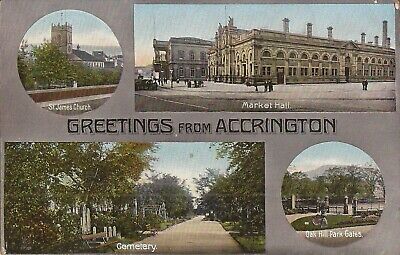Into the Woods

by Reg Green
As I’ve aged, I’ve been determined to resist the temptation that afflicts old folks to complain how much worse things have become since they were young. I was reminded this week I am just such a statistic, however, when something in a book I was reading brought to mind the walks I was taken on as a child in Accrington, the small town where I was born in the north of England, whose name, derived from acorns, shows that it had once been part of the vast forest covering northern Europe from time immemorial.
The town’s most prominent natural feature is a hill called The Coppice (‘woodland’ again) and no-one I knew saw anything odd about its name, although by then it was completely treeless, due to the insatiable demand for fuel for the industrial revolution, which can be said to have had its beginnings in this very area with the mechanization of cotton spinning.
A few years ago, back in England for a short stay, I took one of those childhood walks, which now wound through a thicket of mature trees, planted after World War II as a community beautifying project.
Quite amazed at the change, I stopped a woman, in her fifties, I’d guess, hiking purposefully along, and asked. “Excuse me, how long have these trees been here?” “Oh, forever,” she said. And, of course, for her they had.
It’s true that they made a pleasing sight in their warm colors, other walkers seemed to be enjoying themselves and no doubt the town counselors were pleased with their own farsightedness but I couldn’t stop a complaint rising inside me that said, “They’ve turned a bare, windswept landscape fit for Vikings (who settled nearby) into a pretty picture.”
Just another mean old man, after all.